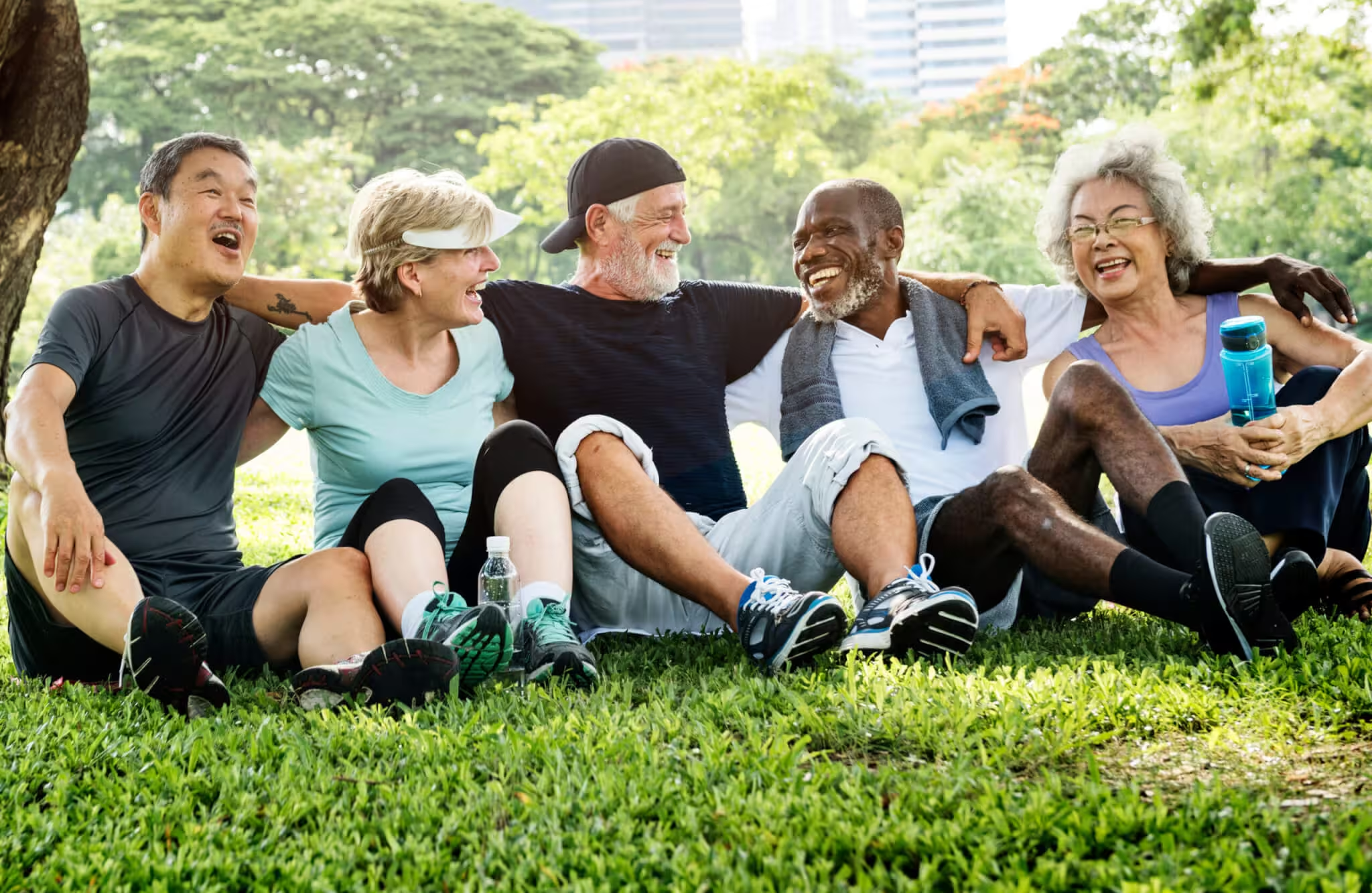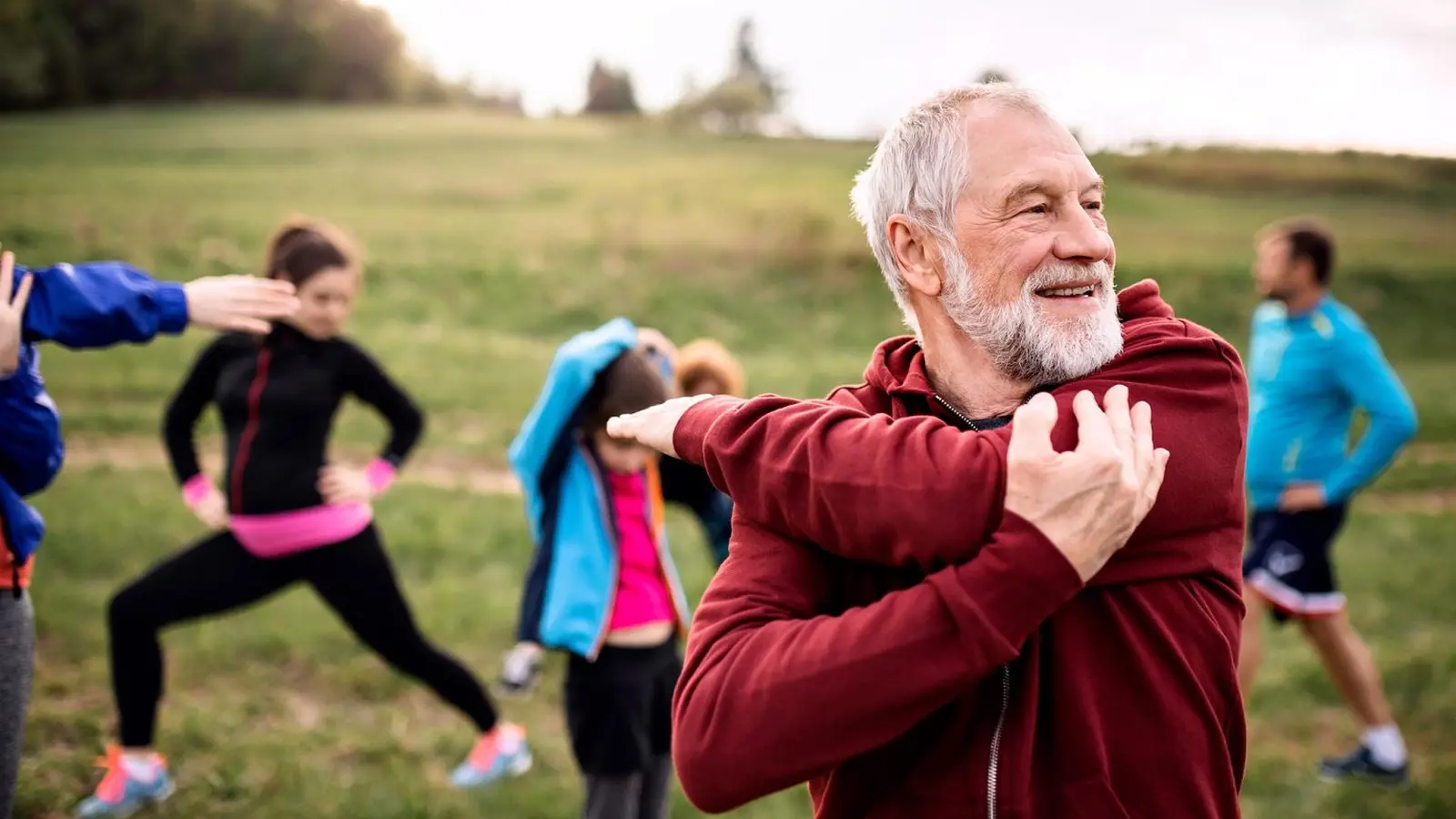3 Minutes
social ties and survival
A recent analysis published in the Journal of the American Geriatrics Society finds that older adults who remain socially active have substantially lower short-term mortality. Researchers followed 2,268 U.S. residents aged 60 and older who completed Psychosocial and Lifestyle Questionnaires and provided blood samples in 2016. When participants were reassessed four years later, those reporting high levels of social engagement had a 42% lower risk of death over the follow-up period compared with people reporting low social engagement. Credit: Shutterstock
Which types of social activity mattered?
Certain forms of interaction showed the strongest associations with improved survival. Volunteering, spending time with grandchildren, and participating in sports teams or social clubs were particularly linked to better outcomes. These activities combine social contact, physical movement, and purposeful roles, aspects that are frequently recommended in gerontology and public-health programs aimed at healthy aging.
Biological and behavioral mechanisms
Analyses in the study indicate two likely pathways that help explain the link between social engagement and lower mortality: slower biological aging and higher physical activity. Biological aging here refers to measurable changes in physiology that accumulate over time and can be estimated from blood-based biomarkers; participants with greater social involvement showed signs of decelerated biological aging. At the same time, socially active older adults typically reported higher physical activity levels, which independently reduce cardiovascular risk, improve immune function, and support mobility and mental health.

Why these pathways matter
Social interaction can lower stress, increase cognitive stimulation, and strengthen support networks that encourage healthier behaviors — for example, regular exercise, better adherence to medical care, and more balanced diets. Physiological benefits may include reduced inflammation and more resilient stress-response systems, which contribute to slower biological aging.
Public health implications and practical steps
The findings highlight social engagement as a modifiable factor that could be integrated into aging and longevity strategies. Health systems and communities can promote volunteering programs, intergenerational activities, accessible clubs, and ‘‘social prescribing’’ initiatives that connect older adults with local groups. Clinicians and caregivers can screen for social isolation alongside traditional risk factors such as hypertension and diabetes.
Expert Insight
Dr. Maria Chen, a gerontologist and community health researcher, says: "This study reinforces what clinicians often observe — social roles and community participation are powerful determinants of healthy aging. Policies that reduce barriers to participation, like affordable transportation and inclusive programming, can make a measurable difference in longevity and quality of life."
Conclusion
The study adds robust evidence that social engagement — especially volunteering, intergenerational contact, and club participation — is linked to lower short-term mortality among older adults. By slowing biological aging and encouraging physical activity, social involvement emerges as a practical and scalable element of healthy-aging strategies. Reference: Abugroun A., Shah S. J., Covinsky K., Hubbard C., Newman J. C., Fang M. C., "Low Social Engagement and Risk of Death in Older Adults," Journal of the American Geriatrics Society, 21 May 2025.
Source: scitechdaily


Leave a Comment